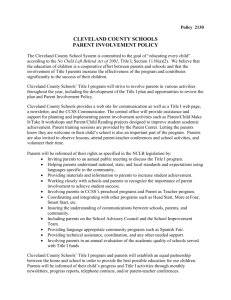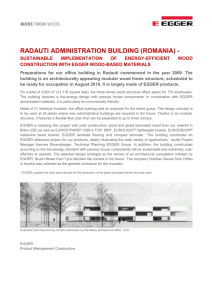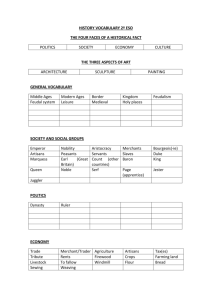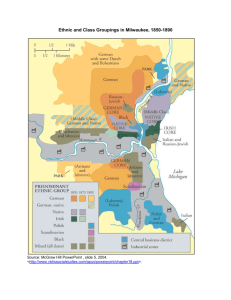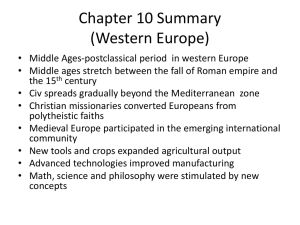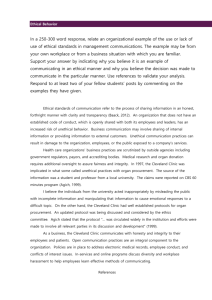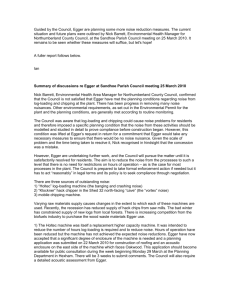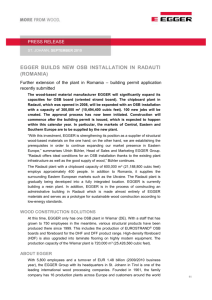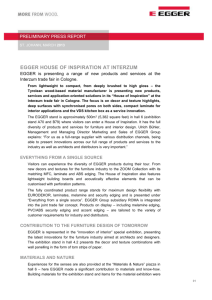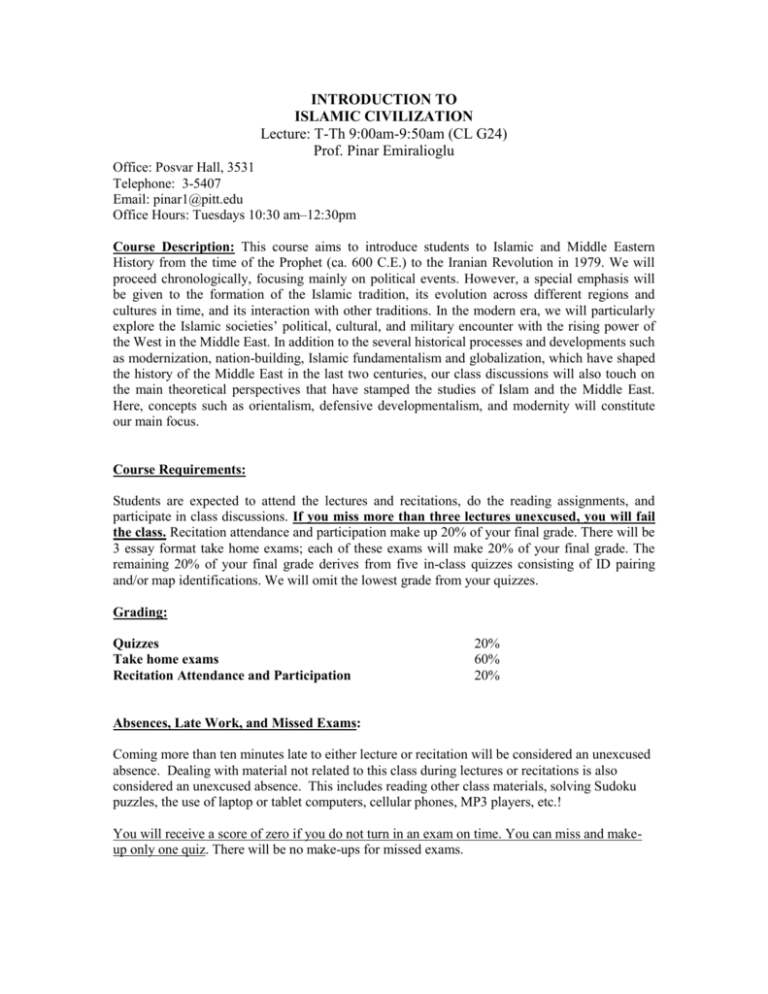
INTRODUCTION TO
ISLAMIC CIVILIZATION
Lecture: T-Th 9:00am-9:50am (CL G24)
Prof. Pinar Emiralioglu
Office: Posvar Hall, 3531
Telephone: 3-5407
Email: pinar1@pitt.edu
Office Hours: Tuesdays 10:30 am–12:30pm
Course Description: This course aims to introduce students to Islamic and Middle Eastern
History from the time of the Prophet (ca. 600 C.E.) to the Iranian Revolution in 1979. We will
proceed chronologically, focusing mainly on political events. However, a special emphasis will
be given to the formation of the Islamic tradition, its evolution across different regions and
cultures in time, and its interaction with other traditions. In the modern era, we will particularly
explore the Islamic societies’ political, cultural, and military encounter with the rising power of
the West in the Middle East. In addition to the several historical processes and developments such
as modernization, nation-building, Islamic fundamentalism and globalization, which have shaped
the history of the Middle East in the last two centuries, our class discussions will also touch on
the main theoretical perspectives that have stamped the studies of Islam and the Middle East.
Here, concepts such as orientalism, defensive developmentalism, and modernity will constitute
our main focus.
Course Requirements:
Students are expected to attend the lectures and recitations, do the reading assignments, and
participate in class discussions. If you miss more than three lectures unexcused, you will fail
the class. Recitation attendance and participation make up 20% of your final grade. There will be
3 essay format take home exams; each of these exams will make 20% of your final grade. The
remaining 20% of your final grade derives from five in-class quizzes consisting of ID pairing
and/or map identifications. We will omit the lowest grade from your quizzes.
Grading:
Quizzes
Take home exams
Recitation Attendance and Participation
20%
60%
20%
Absences, Late Work, and Missed Exams:
Coming more than ten minutes late to either lecture or recitation will be considered an unexcused
absence. Dealing with material not related to this class during lectures or recitations is also
considered an unexcused absence. This includes reading other class materials, solving Sudoku
puzzles, the use of laptop or tablet computers, cellular phones, MP3 players, etc.!
You will receive a score of zero if you do not turn in an exam on time. You can miss and makeup only one quiz. There will be no make-ups for missed exams.
A student representing the university in a special academic or sporting event that conflicts with a
scheduled exam may schedule a make-up exam, IF he/she contacts the professor or the teaching
assistant BEFORE THE EXAM DATE. Similarly, absences from lecture and recitation may be
considered excused IF the student contacts the professor or teaching assistant (beforehand if
possible) AND provides legitimate documentation.
Grading Scale:
A
AB+
B
BC+
100-93
92-90
89-87
86-83
82-80
79-77
C
CD+
D
DF
76-73
72-70
69-67
66-63
62-60
59-0
Email Policy: Communication between the professor, the teaching assistant, and members of the
class will be conducted via email. According to University policy, all emails will be sent to
University-provided email accounts and we will NOT accommodate your use of other email
accounts for course-related activities. Please familiarize yourself with University policy at:
http://www.bc.pitt.edu/policies/policy/09/09-10-01.html
Policy on “Late Withdrawals”: In accordance with University policy, Appeals for Late
Withdrawal will be approved ONLY in cases of medical emergency and similar crises. Please be
mindful of the deadline for withdrawal and make a careful decision about whether or not you are
able to proceed with this course before that deadline.
Academic Integrity: Cheating/plagiarism will not be tolerated. Students suspected of violating
the University of Pittsburgh Policy on Academic Integrity, noted below, will be required to
participate in the outlined procedural process as initiated by the instructor. A minimum sanction
of a zero score for the exam will be imposed. Students should familiarize themselves with the
published policies accessible at http://www.fcas.pitt.edu/academicintegrity.html.
Note on Disabilities: If you have a disability for which you are or may be requesting an
accommodation, you are encouraged to contact both your instructor and the Office of Disability
Resources and Services, 216 William Pitt Union, (412) 648-7890/(412) 383-7355 (TTY), as early
as possible in the term. Disability Resources and Services will verify your disability and
determine reasonable accommodations for this course.
Blackboard: Blackboard™ is an online software tool that facilitates interaction and
communication among all members of the class. We will use it in this course for online
discussions (Discussion Board), announcements and grade posting. Please familiarize yourself
with Blackboard as soon as possible by visiting the following portal: http://courseweb.pitt.edu.
Help with Blackboard is available 24 hours a day from the technology help desk. Call them at
412-624-4357, or visit them online at http://technology.pitt.edu/tech_help.html.
Office Hours: My office hours are a time when students can meet with me to discuss any matter
related to the class. I especially encourage students who may find it difficult to participate
regularly in class discussions to drop by to discuss any matter related to the course. If you notice
any problem or difficulty in the class, please see me during office hours as soon as possible.
2
Required Texts (copies available in Hillman Library Reserve):
William L. Cleveland, A History of the Modern Middle East. Colorado: Westview Press, 2009.
Vernon Egger, A History of the Muslim World to 1405: the Making of a Civilization.
Upper Saddle River, NJ: Pearson Prentice Hall, 2004.
Week / Date
Week 1
August 28
Week 1
August 30
Week 2
September 4
Week 2
September 6
Week 3
September 11
Week 3
September 13
Week 4
September 18
Week 4
September 20
Week 5
September 25
Week 5
September 27
Week 6
October 2
Week 6
October 4
Week 7
October 9
Week 7
October 11
Week 8
October 16
Week 8
October 18
Week 9
October 23
Week 9
October 25
Week 10
October 30
Lecture Topics and Assignments
Introduction: Geography, Languages, Topics, Sources, and Problems
Origins: The Byzantine Empire, Sasanian Empire, and Arabian
Peninsula
Reading: Egger, 4-20
The Rise of Islam and Early Arab Conquests
Reading: Egger, 30-44
The Umayyad Caliphate
Reading: Egger, 44-60
Development of Sectarianism
Quiz 1
Reading: Egger, 62-69 &72-83
Three Caliphates: Abbasids, Fatimids, and Umayyads in Cordoba
Reading: Egger, 85-91& 94-104
Sources of Islamic Tradition: Islamic Law and Sufism
Reading: Egger, 114-127
Sources of Islamic Tradition: Science and Theology
Reading: Egger, 127-138
The Seljuk Sultanate of Rum and the Crusades
Quiz 2
Reading: Egger, 145-154 & 172-182
The Mongols
Reading: Egger, 194-197
Review for the take home exam #1!
Take home exams are due on Friday during your recitations.
Consolidation of Islamic Traditions
Reading: Egger, 199-227
Fall Break!
No class!
Mongol Khanates and the Mamluks
Reading: Egger, 257-272
The Ottomans and Tamerlane
Reading: Egger, 277-288
The Ottoman Empire and the Safavids
Reading: Cleveland, 37-56
Loss of Ottoman Superiority and Beginnings of the Era of Reform
Quiz 3
Reading: Cleveland, 57-80
The Ottoman Empire and Iran in the Nineteenth Century
Reading: Cleveland, 81-119
The Response of Islamic Society
Reading: Cleveland, 119-133
3
Week 10
November 1
Week 11
November 6
Week 11
November 8
Week 12
November 13
Week 12
November 15
Week 13
November 20
&
November 22
Week 14
November 27
Week 14
November 29
Week 15
December 4
Week 15
December 6
Constitutionalism in the Ottoman Empire: the Young Turk Revolution
Reading: Cleveland, 133-143
Review for the Take home exam # 2!
Take home exams are due on Friday during your recitations.
Iranian Constitutional Revolution
Reading: Cleveland, 143-149
World War I and the End of the Ottoman Empire
Quiz 4
Reading: Cleveland, 149-171
Arab Struggle for Independence: Egypt and Iraq
Reading: Cleveland, 193-213
Thanksgiving holiday.
No Class!
The Palestine Mandate and the Birth of the State of Israel
Reading: Cleveland, 239-271
Nasser, Israel and Palestinians from 1948 to the 1970s
Reading: Cleveland, 301-323; 337-369
Documentary: Six Days in June: The War that Redefined Middle East
Arab-Israeli Conflict II: Changing Patterns of War and Peace
Quiz 5
Reading: Cleveland, 373-397
Documentary: Six Days in June: The War that Redefined Middle East
Iranian Revolution
Readings: Cleveland, 423-450
Final take home exams are due …. Please bring a hard copy of your exam to the History
Department by 5pm.
4


